Analytical thinking Reading Worksheets for Ages 6-9
10 filtered results
-
From - To
Discover our engaging Analytical Thinking Reading Worksheets designed for children aged 6-9! These resources help young learners develop critical thinking skills while enhancing their reading comprehension. Our worksheets feature a variety of activities, including identifying main ideas, making inferences, and drawing conclusions. Each exercise is tailored to promote cognitive growth through fun and interactive challenges that encourage kids to analyze and evaluate information effectively. These worksheets are perfect for home learning or classroom use, fostering a love for reading while building essential analytical skills. Explore our collection today to empower your child’s journey in becoming a confident and proficient reader!
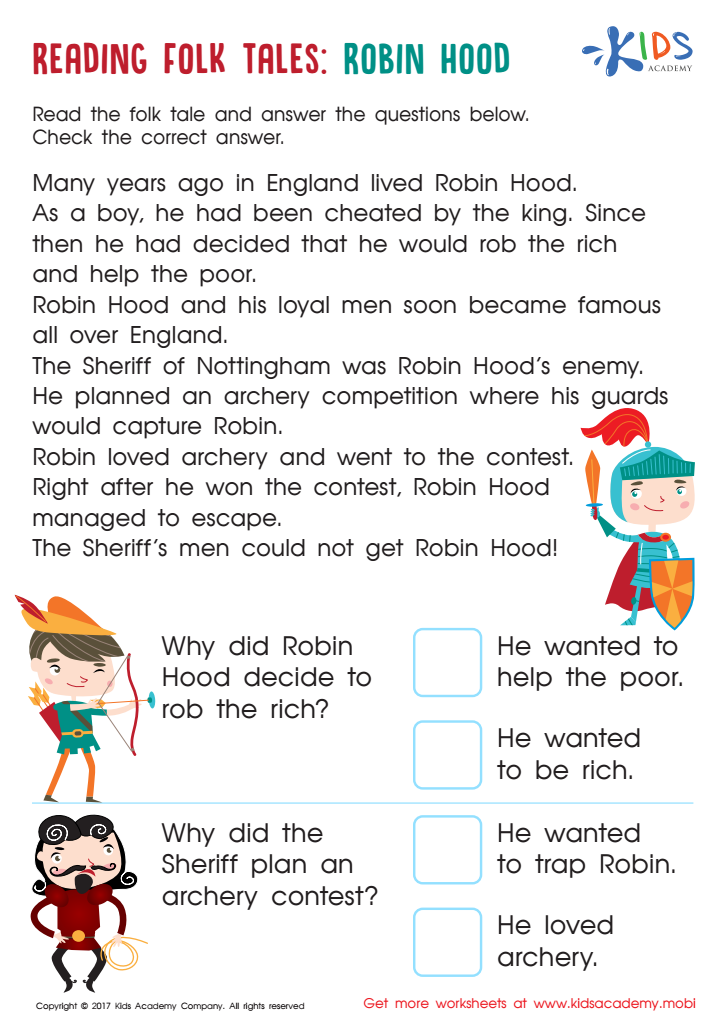

Robin Hood Folktale Worksheet
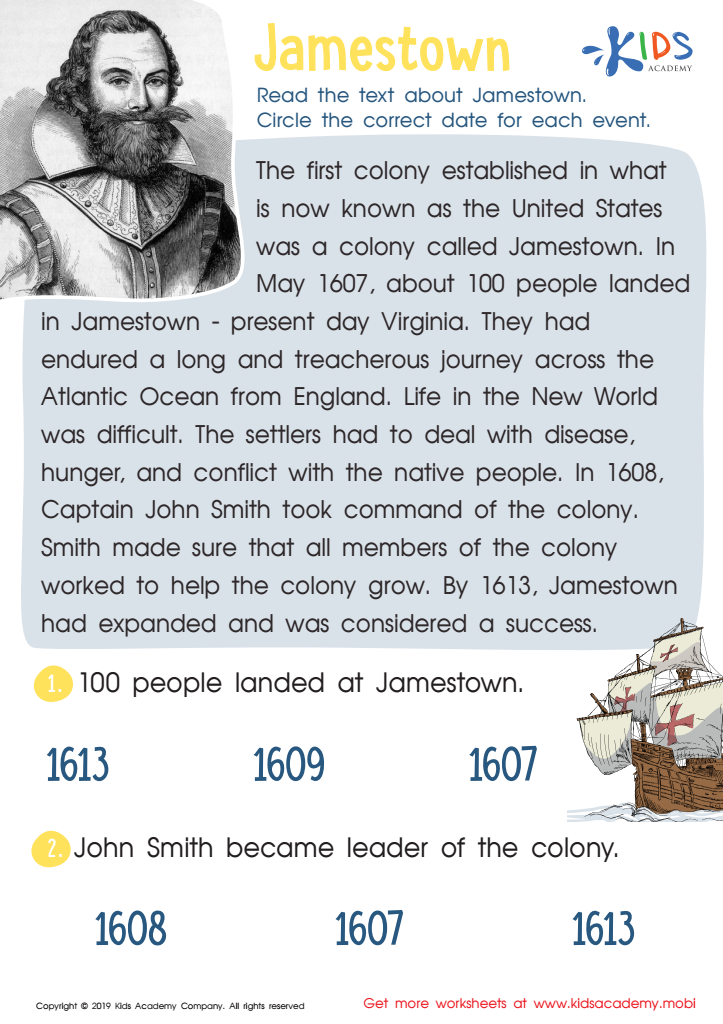

Jamestown Worksheet
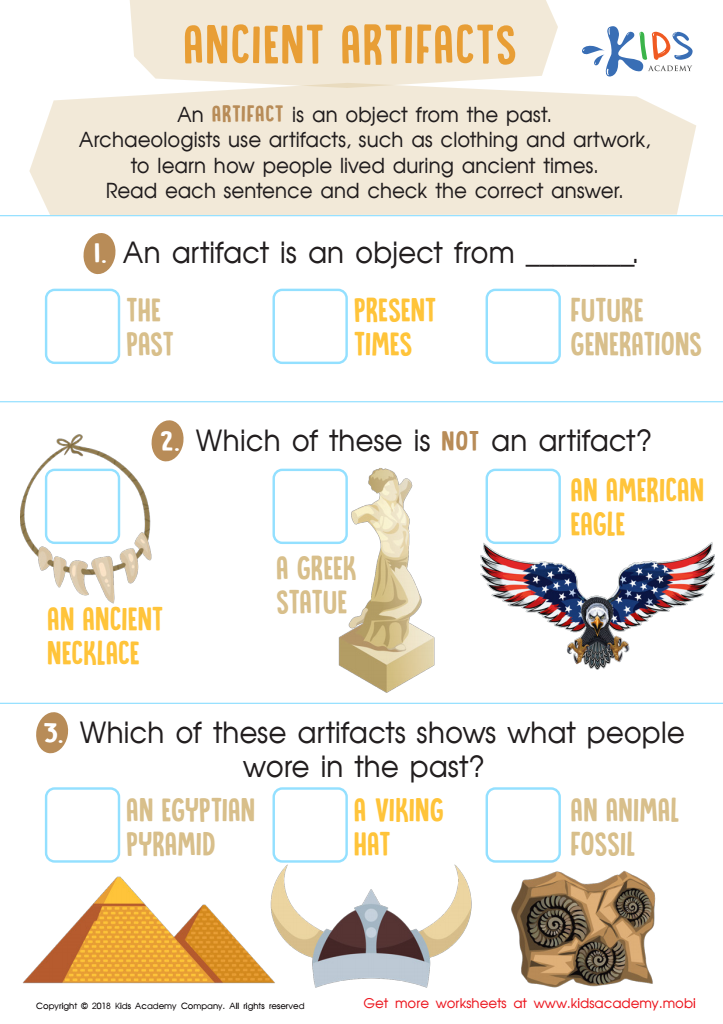

Ancient Artifacts Worksheet
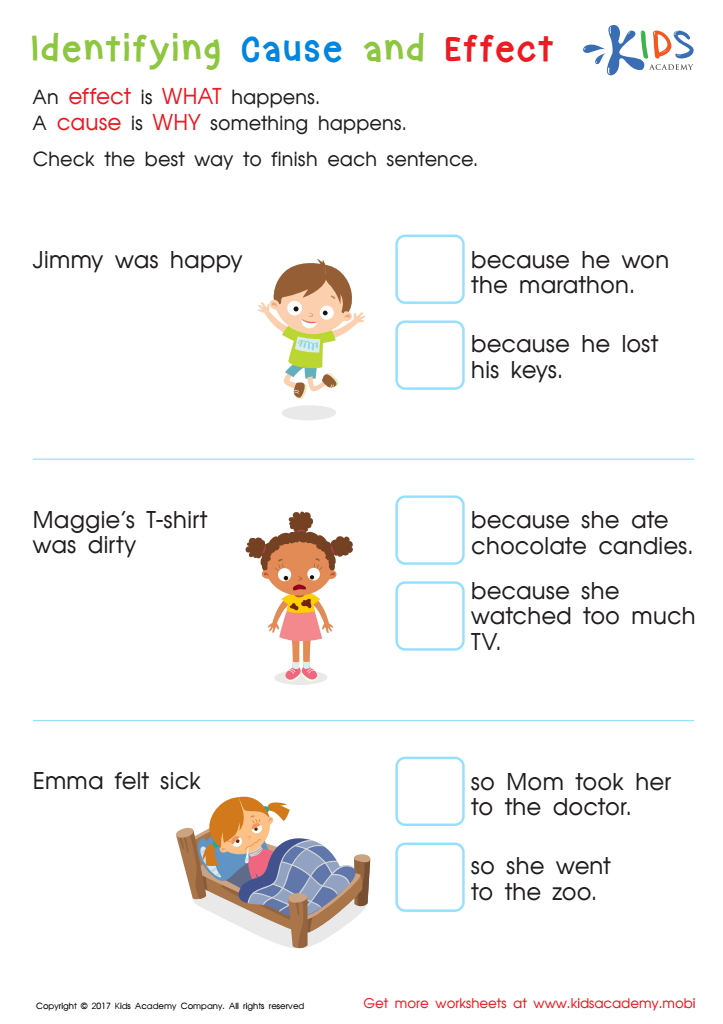

Indentifying Cause and Effect Worksheet


The 5 Sense Scientist Worksheet
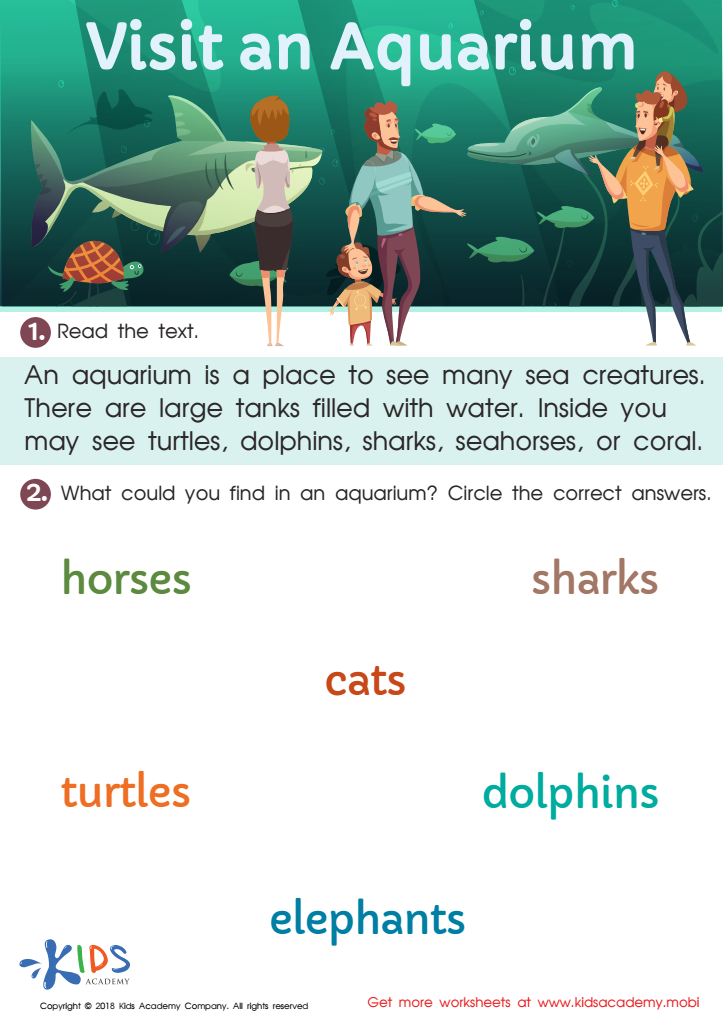

Visit an Aquarium Worksheet
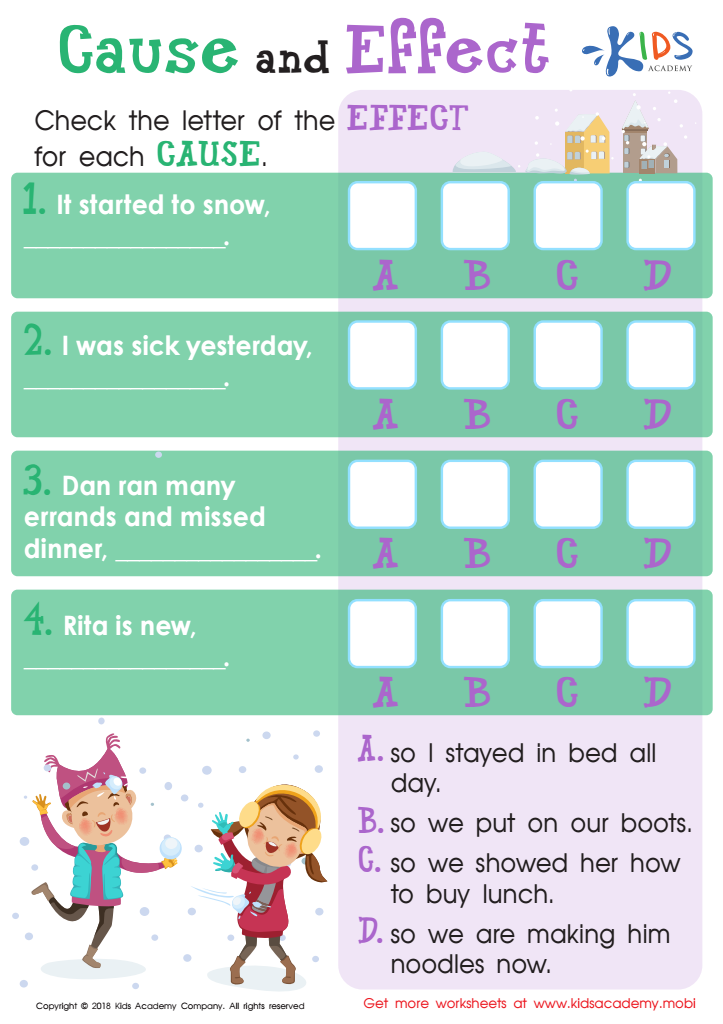

Cause and Effect Worksheet
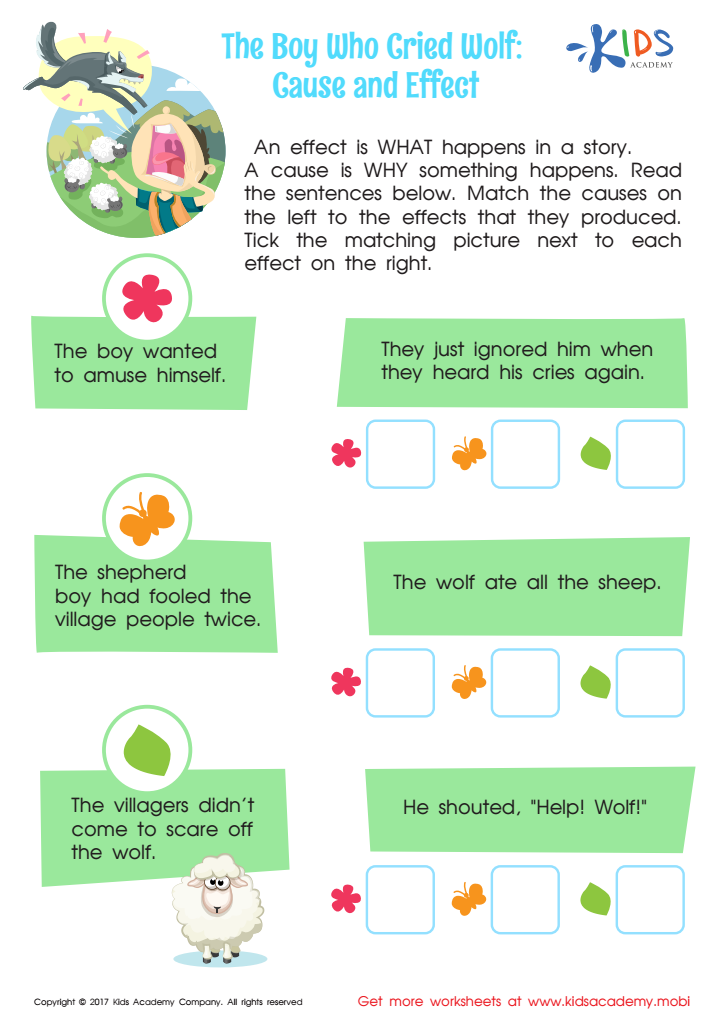

The Boy Who Cried Wolf: Cause and Effect Worksheet
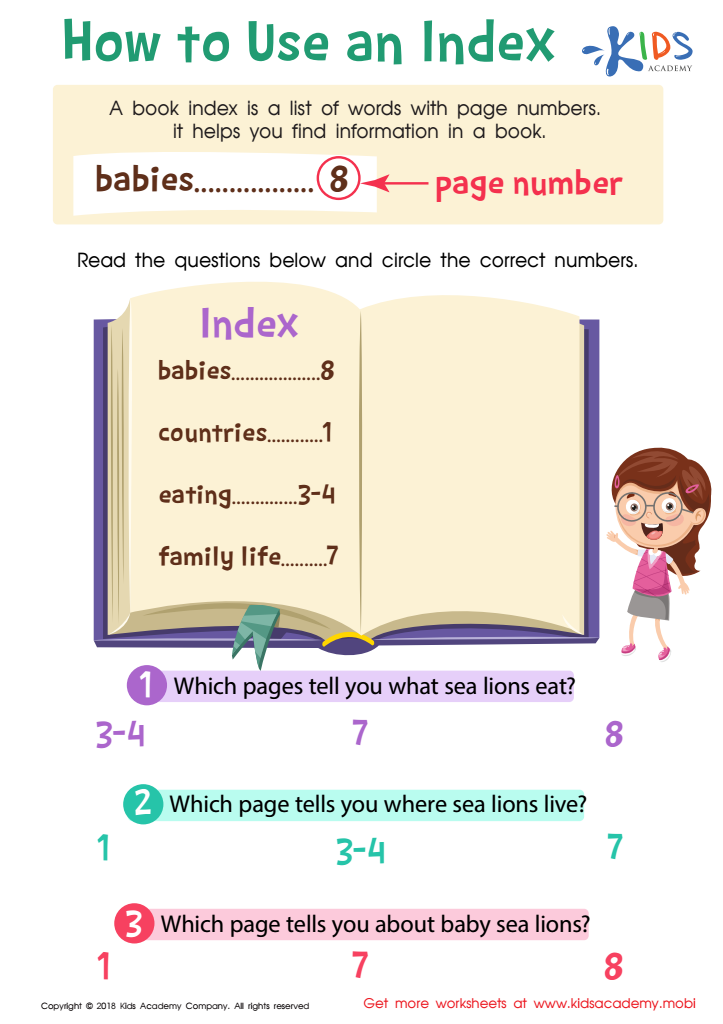

How Use Index Worksheet
Parents and teachers should care about analytical thinking in reading for children aged 6-9 because it lays the foundational skills necessary for lifelong learning and critical problem-solving. At this age, children's cognitive abilities are rapidly developing, and encouraging analytical thinking helps them comprehend texts more deeply, analyze information critically, and connect ideas. This not only enhances their reading comprehension but also stimulates curiosity and engagement with literature.
Furthermore, analytical thinking fosters creativity as children learn to interpret stories beyond the surface level and explore various perspectives and themes. By asking open-ended questions and encouraging discussions about the texts, parents and teachers can promote a love for reading and enhance students' ability to articulate their thoughts clearly.
Moreover, strong analytical skills prepare children for future academic challenges. This critical thinking ability is essential not just in reading but also in subjects like math and science, where analysis and synthesis of information play a key role. Overall, promoting analytical thinking in reading empowers young learners, making them more adaptable and successful students in an increasingly complex world. Investing in these skills at an early age can have a profound impact on children’s academic journey and personal growth.

 Assign to My Students
Assign to My Students


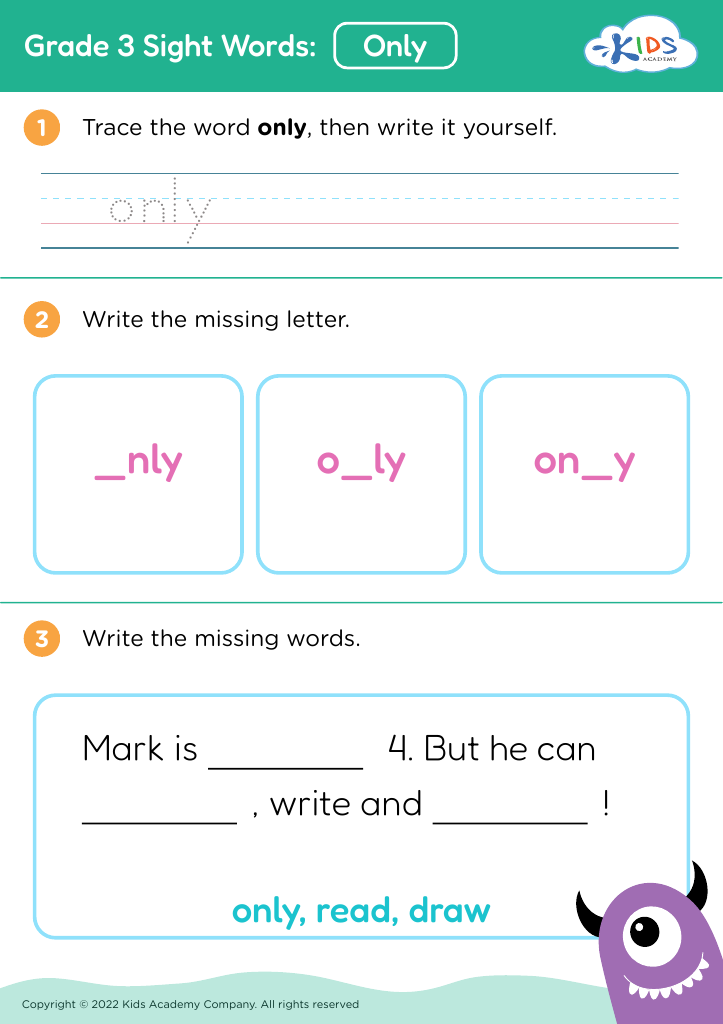





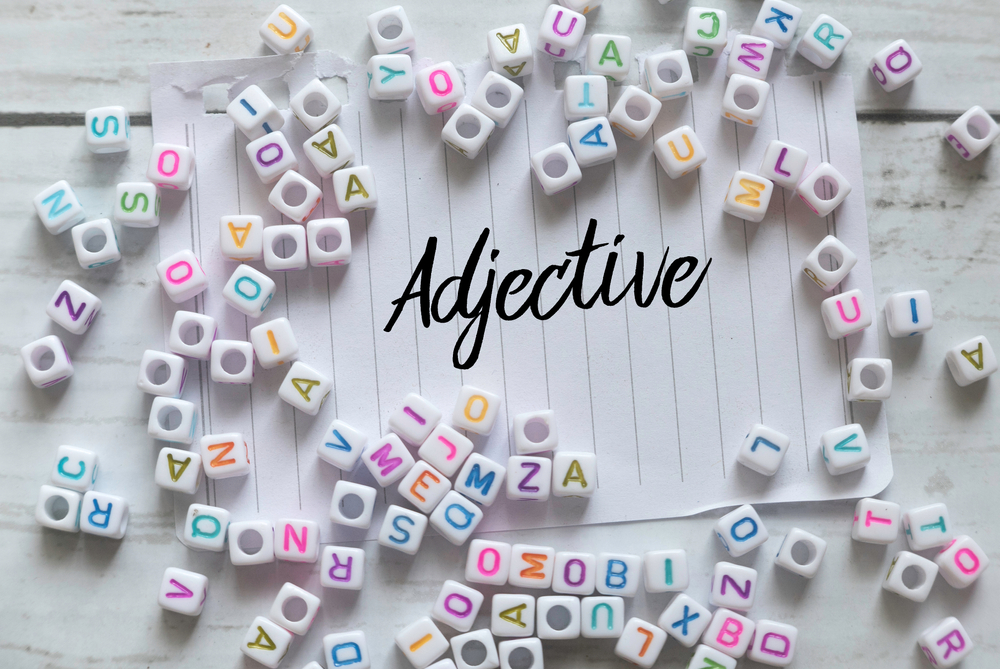


.jpg)










